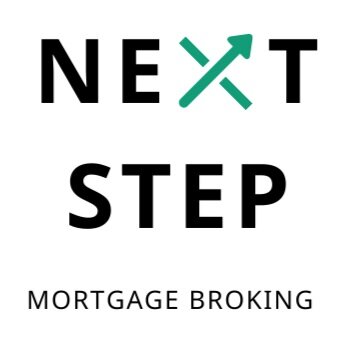Top 10 Mistakes People Make When Getting a Loan
This post could change your life. Okay, maybe I am exaggerating, but spending 2 minutes reading this will give you some useful info that can change your thinking and help you on your journey to buying your first or next property. Here are the Top 10 mistakes people make when getting a loan.
1. Going directly to your local bank
This can be a recipe for disaster. We all crave familiarity and certainty, so we prefer to go our local bank or the bank we have been with since birth. You wouldn’t buy a car from the first car lot you visit or the car lot you bought your first car from, so why make this mistake when getting a loan? You need to be smart and shop around not just for the best rate, but for the best loan product
2. Choosing Interest-Only instead of Principal & Interest
There are times when interest-only is a good decision, but it is a decision that needs to be given a bit more thought. If you are in position to service the loan comfortably and have surplus income at the end of the week, then it makes sense to opt for princiapl and interest. Your aim is to eventually pay off a loan, so why delay paying it off! This argument has even more credence when you can place your surplus funds in an offset account or redraw facility.
3. Not Understanding the Difference between a Quoted Rate and the Comparison Rate
This is hugely importantly, so pay attention. Put simply, a quoted rate is used to determine your loan repayments. If your quote rate is, say, 3% on a $200,000 loan, then your weekly repayments will $195 p.w over 30 years. Now, the banks like to add in extra fees, like establishment fees, annual fees, redraw fees (the list goes on…). The comparison rate takes into account not just your principal and interest repayments but all these fees as well. Your comparison rate is a true reflection of the cost of your loan.
4. Being Afraid of Small and Mid-Tier Banks
Bigger is not always better. Your Big 4 Banks - CBA, NAB, Westpac, and ANZ - have considerable market share and because of this can sometimes get away with charging exhorbitant fees. Small banks, such as Pepper and St George have to compete vigorously with the Big 4, so it’s more likely that you can not only get a better rate with these smaller banks but an overall better loan product.
5. Not Using a Mortgage Broker
I could write a whole thesis on this one. Put simply, a mortgage broker does all the hard work for you. They look at your income, expenses, and goals. They look at a multitude of different lenders and loan products to find the right one for you. They lodge your loan application and deal directly with the banks. Not only do mortgage brokers do the hard work for you, their services are FREE! If you’re not using a mortgage broker, you should be.
6. Not Understanding Your Credit Score
Lenders are smart - they are not going to lend you money if they don’t think you can pay it back. One variable they look at is your credit score. They ask questions like, have you ever defaulted on loan? Have you lodged multuiple unsuccessful loan applications? Have you ever been set to the debt collectors? If your credit score is bad, there are ways to improve it over time. If your credit score is that bad, your best bet is to look a smaller, mid-tier banks.
7. Putting Down Too Much Deposit
Getting a massive loan to buy your home or an investment property is a big commitment, we get it. Most of us are risk-averse (some less than others), so if there is a way to reduce how much we borrow, we would take it. The best way to do this is putting in a larger deposit - the larger the deposit, the smaller our loan. Whilst this may sound smart, it ignores the power of leverage; using other peoples’ money to buy an asset.
8. Not Understanding the Value of an Offset Account
An offset account is an easy way to pay off your loan sooner. An offset account is just an everyday account linked to your loan. The amount in your offset is offset from your outstandsing loan amount, thereby reducing how much interest you pay. For example, placing $50 a week into an offset account for a loan of $350,000 at 2.69% will save you a whopping $45,000 in interest and almost 8 years off your 30 year loan term.
9. The Impact of your Credit Card(s) on your Borrowing Capacity
Credit cards are an easy way to wrack up debt, especially when your lender offers a 30 or 60 day no interest period. Whilst this may sound like a good idea, it can really hurt your chances of maximising your borrowing capacity. Even if your credit card balance is $0, lenders, in assessing how much you can borrow will assume that you have maxed out your card. Even a $5k credit card limit with a balance of $0, can shave off $50-$60,000 on your borrowing capacity.
10. Not Using a Mortgage Broker
No, this isn’t a typo. We just think this one is so important that it needs to be mentioned twice. A broker will
Work in your best interests
They’re not aligned with any particular bank, so are not biased with the lender they choose for you
They’ll exmaine your income, expenses, and goals and get you the best product with the best rate from the best lender
Their services are FREE!
The list goes on….
John Afendulis
Next Step Mortgage Broking


